Tag: Startup News
-
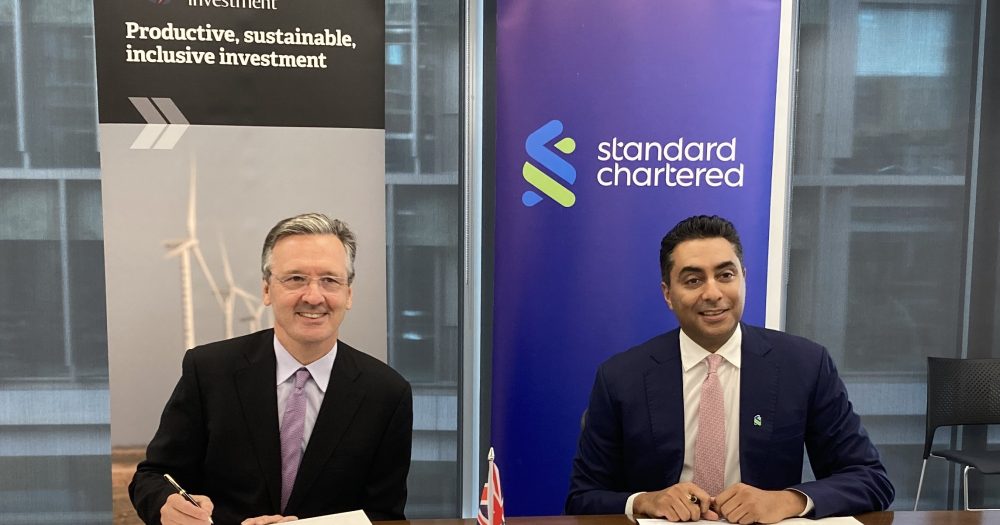
Standard Chartered and BII Partner on $350 Million Agreement to Boost Trade in Africa and South Asia
Standard Chartered Bank and British International Investment (BII), the UK’s development finance institution, have signed a $350 million risk participation agreement aimed at supporting the trade finance needs of small and medium-sized enterprises (SMEs) and corporates in Africa and South Asia.
-
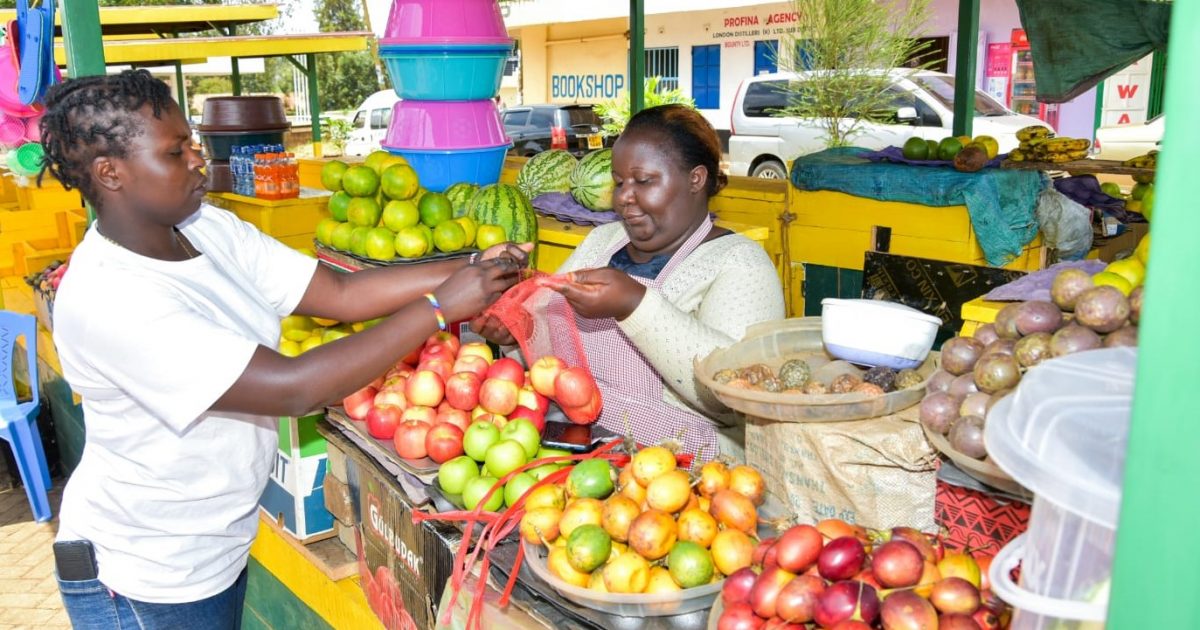
FSD Africa and UK Government Launch $5.2 Million SME Financing Fund in Kenya
The UK government, in partnership with FSD Africa, has unveiled a KSH 667 million ($5.2 million) initiative to improve financing access for small and medium-sized enterprises (SMEs) in Kenya.
-
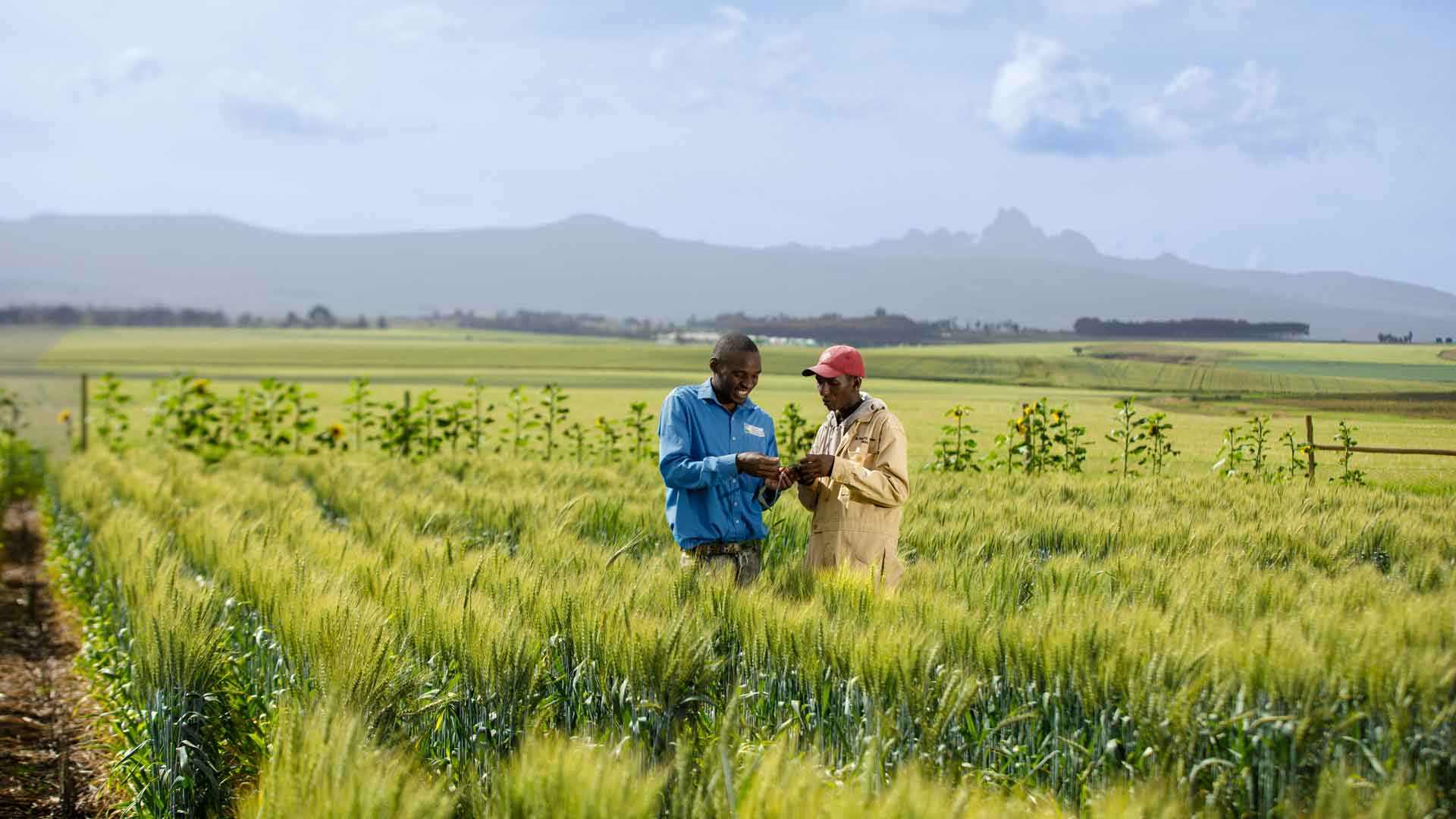
AgDevCo Invests $9.5 Million in Kenya’s Agventure to Boost Regenerative Agriculture
Specialist agricultural investor AgDevCo has announced a $9.5 million mezzanine loan investment in Agventure, a Kenyan farmer-owned business pioneering regenerative agriculture in non-irrigated cereal-based systems.
-
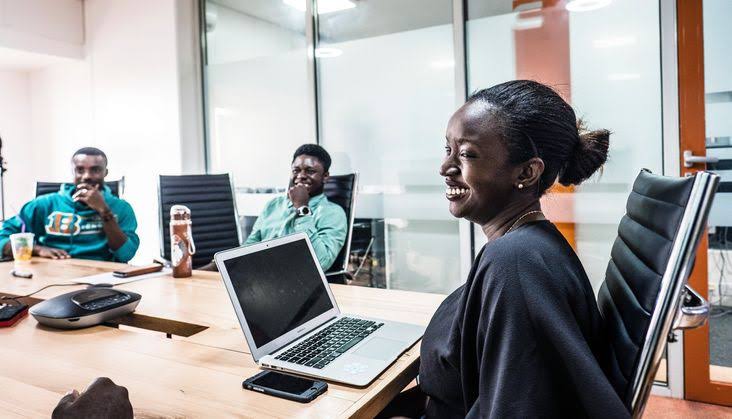
Startupbootcamp, Mara Group and Blend Financial Services Plan $250 Million Africa Startup Fund
Startupbootcamp, Mara Group, and Blend Financial Services have announced plans to launch a $250 million fund aimed at accelerating the growth of African technology startups.
-
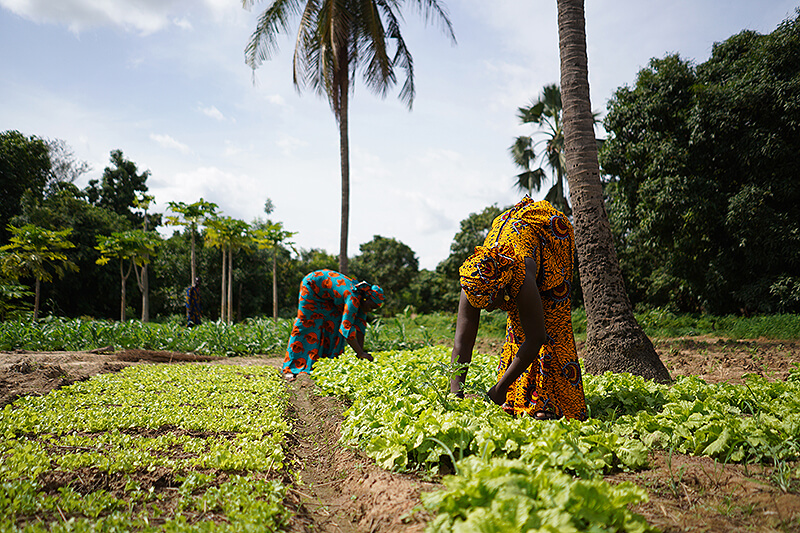
ETG Gets $75 Million Financing From AfDB to Strengthen Agricultural Value Chain Operations in Africa
The African Development Bank Group has announced a $75 million financing package to support Export Trading Group (ETG), a Mauritius-based conglomerate with extensive operations throughout Africa.
-
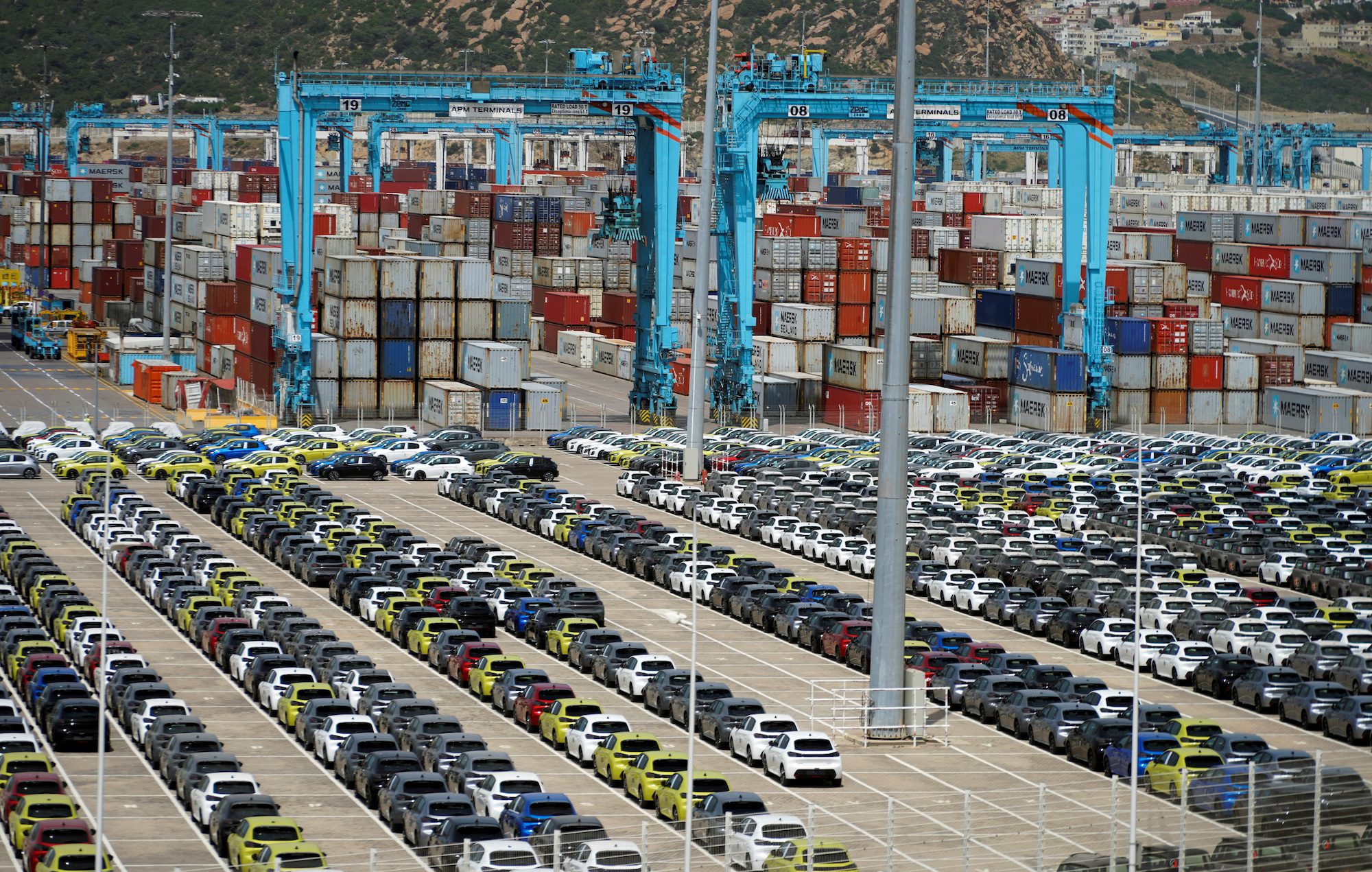
IFC and MIGA Back Morocco’s Tanger Med Port Expansion with $433 Million Sustainability-Linked Financing
The International Finance Corporation (IFC) and the Multilateral Investment Guarantee Agency (MIGA), both part of the World Bank Group, have joined forces with Morocco’s Tanger Med Port Complex in a significant expansion project for its truck and passenger terminal.
-
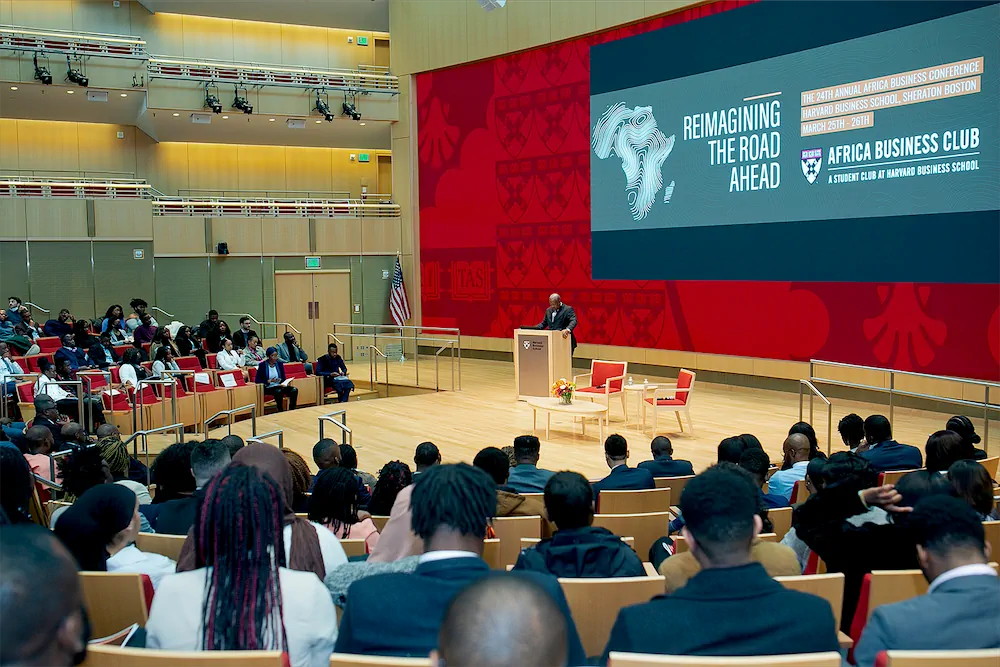
African Startups Invited to Apply for Harvard’s New Venture Competition
African startups have been invited to apply for the prestigious New Venture Competition organized by Harvard Business School’s Africa Business Club.
-
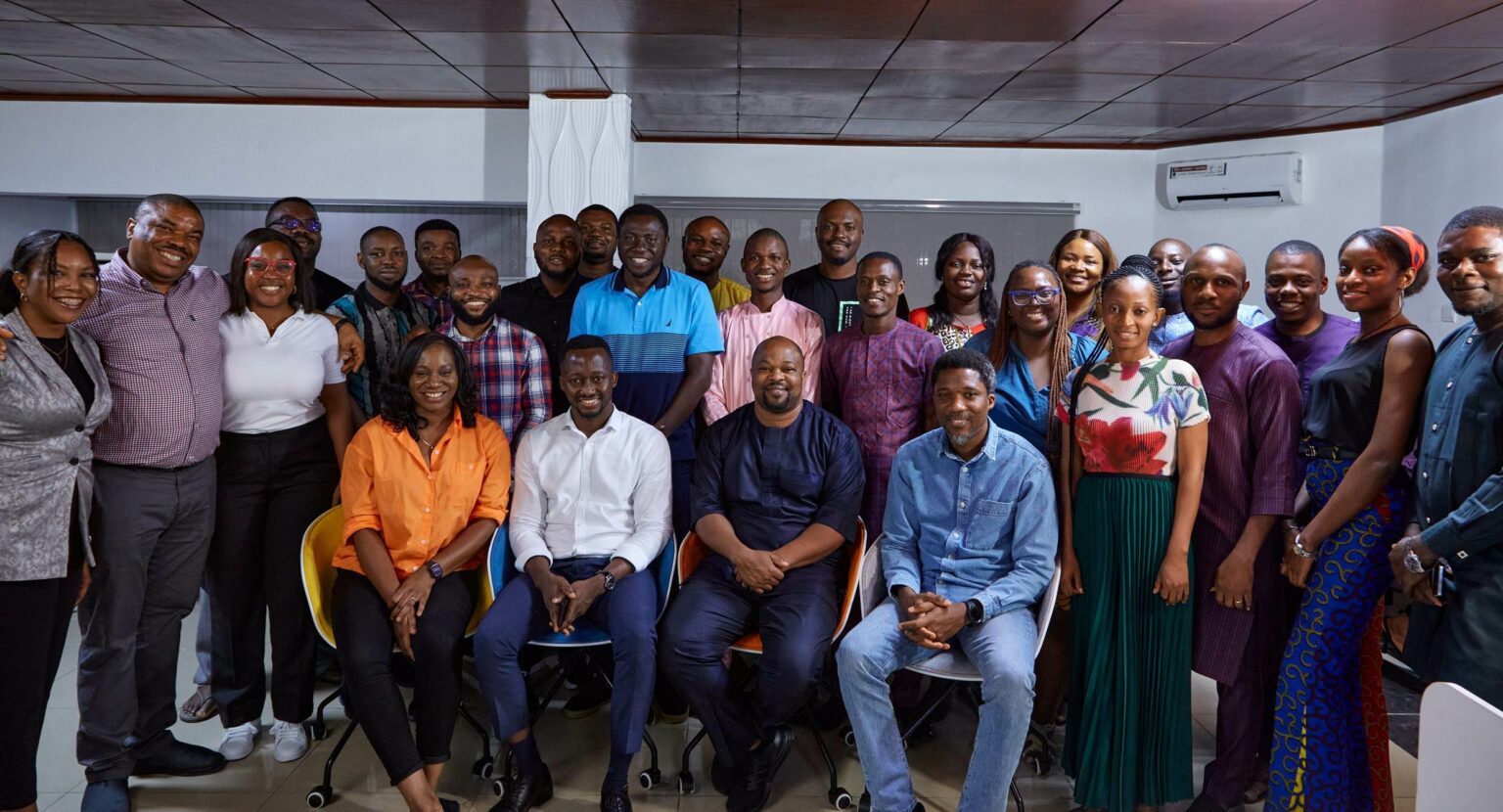
Beacon Power Services Secures Series A Funding to Expand to Eastern and Southern Africa
Beacon Power Services (BPS), an innovative energy technology company, has successfully secured funding through a Series A financing round.
-
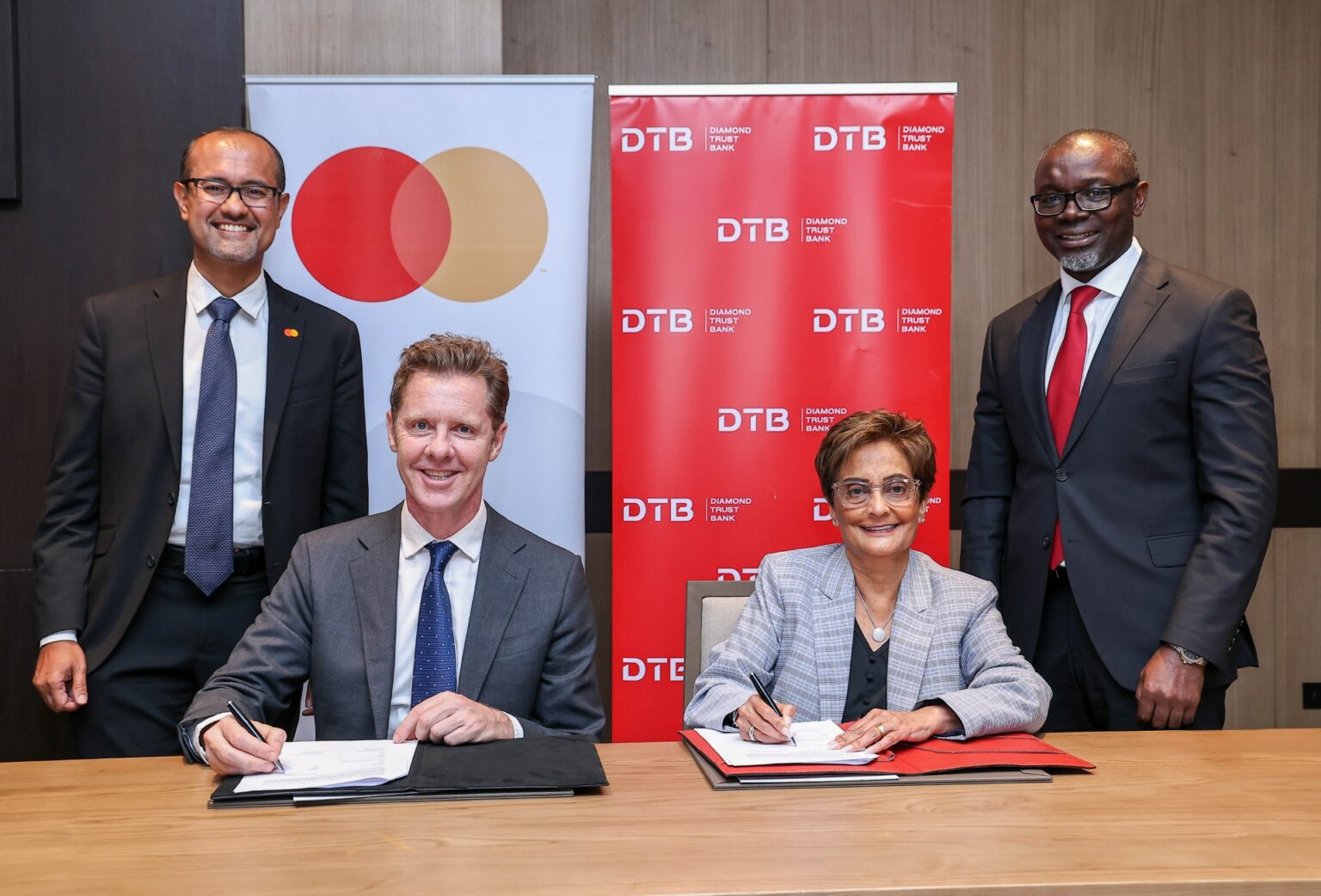
Mastercard and Diamond Trust Bank (DTB) Partner to Enhance Digital Payments in East Africa
Mastercard and Diamond Trust Bank (DTB) have entered into a significant 10-year agreement aimed at expanding digital payment solutions across Kenya, Uganda, and Tanzania.